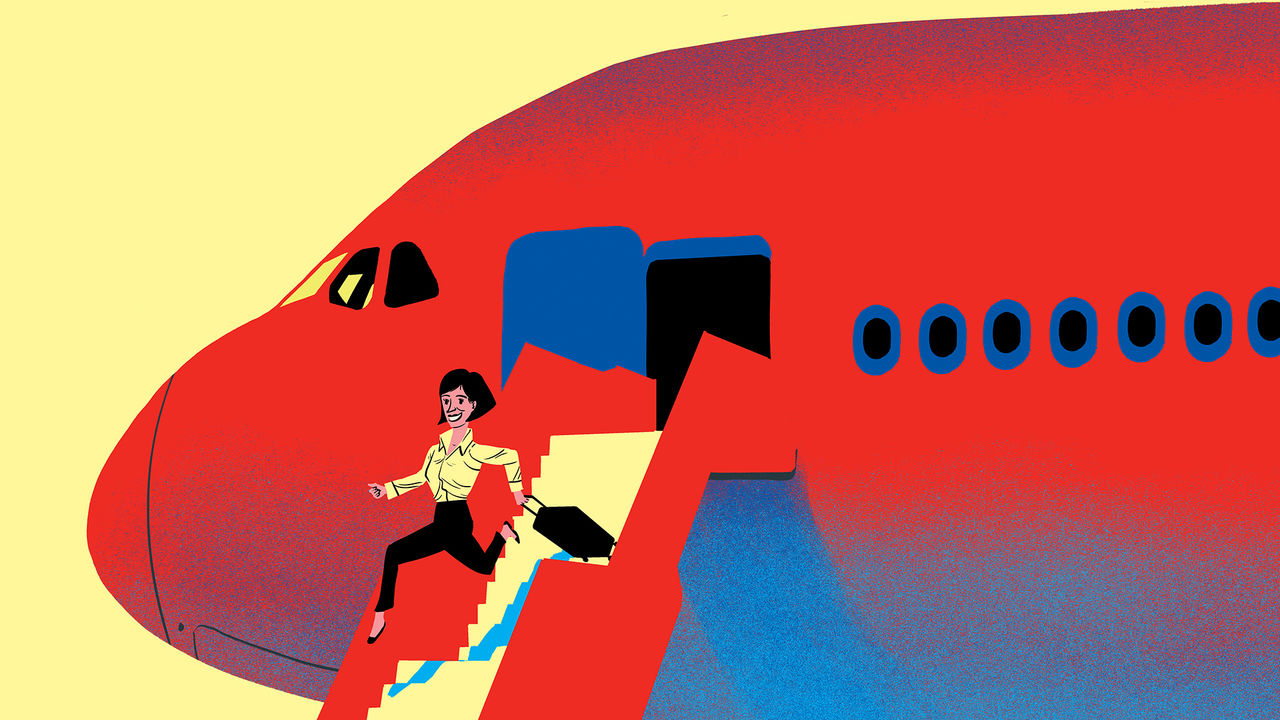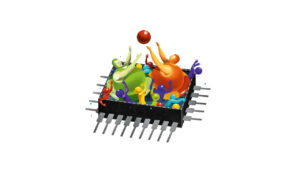
“You want to know the secret to surviving air travel?” the man sitting next to Bruce Willis on the plane asks in “Die Hard”, a film from 1988. “After you get to where you’re going, take off your shoes and your socks, then you walk around on the rug barefoot and make fists with your toes.”
Anyone who has flown across longitudes will be familiar with the havoc air travel plays on your circadian rhythms, causing you to jolt awake at four in the morning and tape your eyes open at four in the afternoon to keep from nodding off. Those in jobs that require them regularly to traverse the globe may find their brains muddled for days after every trip, leaving them tired, disoriented and at elevated risk of irate outbursts.
Less clear is what can be done about it. Dubious advice abounds, from eating chocolate for breakfast and taping plant seeds behind your ears to swallowing Viagra (though a study in 2007 did show that the “little blue pill” helped rodents to overcome jet leg faster). Does anything really help?
There are, unfortunately, no miracle cures for jet lag, despite an obvious market for one. Nevertheless, your guest Bartleby has a few tips you might find useful. If you can, be under the age of 25, though that trick may not work indefinitely. When heading from west to east, take a melatonin tablet and go to bed early for a few nights before you travel (you will almost certainly ignore this advice, as your columnist usually does); when travelling the other way, go to bed a few hours later (much more fun).
When you arrive, coffee or an equally caffeinated beverage will be essential. Remember, though, that there are limits: you may want to stop when your eye begins to twitch, for example. Drink plenty of water, too, as you will be desiccated from your flight. If it is daytime when you land, go for a stroll and soak up some sunlight to get those melatonin levels down. The fresh air will also help clear your head. If there is a pool or the sea nearby, head there for a swim. If you are travelling for business, all this is best done on company time.
The most important question, though, is what to do on the plane journeys to and from your destination. When you board, it is recommended that you turn left, head straight for a business- or first-class seat, wrap yourself in its superior blanket and raise your privacy screen. If you do not have a ticket to sit with the high-flyers it may still be worth a shot. Confidence is of the essence.
If, however, you are escorted back to your allotted position with the common folk, you will need a plan to put yourself to sleep at the right time to reset your body clock. Try another of those melatonin tablets or maybe some CBD oil. If you need something stronger, an antihistamine or prescription hypnotic should do the trick (and may come in handy in the days following your journey). Although such remedies should not be taken on a regular basis, they are to be embraced by those travelling long distances. And don’t forget your eye mask, earplugs and neck pillow.
Nobody wants jet lag to ruin their business trip or the days after they return. Neither, though, should you suffer excessively through your flight. Some suggest that fasting on a plane trip can lessen the effects of jet lag. That sounds to your columnist like a unique form of torture, no matter how dubious the quality of the food on offer may be (there are, after all, plenty of snacks to be had).
Better instead to try to enjoy your time on the plane and release a few endorphins. Flying has its hassles, but it also has its perks, not least of which is the chance to disconnect from the outside world and enjoy a few hours of respite from your responsibilities. A Bloody Mary before lunch followed by an episode or three of “The White Lotus” can turn a tiresome trip into a rare indulgence in a busy schedule. Ignore the in-flight Wi-Fi.
Ultimately, jet lag can be mitigated, but only to a degree. It is an inconvenient consequence of the very convenient fact that modern travellers can fly across multiple time zones in a matter of hours. Explorers who once crossed great distances by foot, boat or camel did not have to deal with jet lag, yet it is doubtful they would have chosen their mode of transport over an Airbus A380.
And after a few days even the most severe case of jet lag will ease and be forgotten. So do your best to relish the journey, despite its side-effects. And feel free to ignore any advice the passenger next to you might want to impart. ■
Subscribers to The Economist can sign up to our new Opinion newsletter, which brings together the best of our leaders, columns, guest essays and reader correspondence.
















